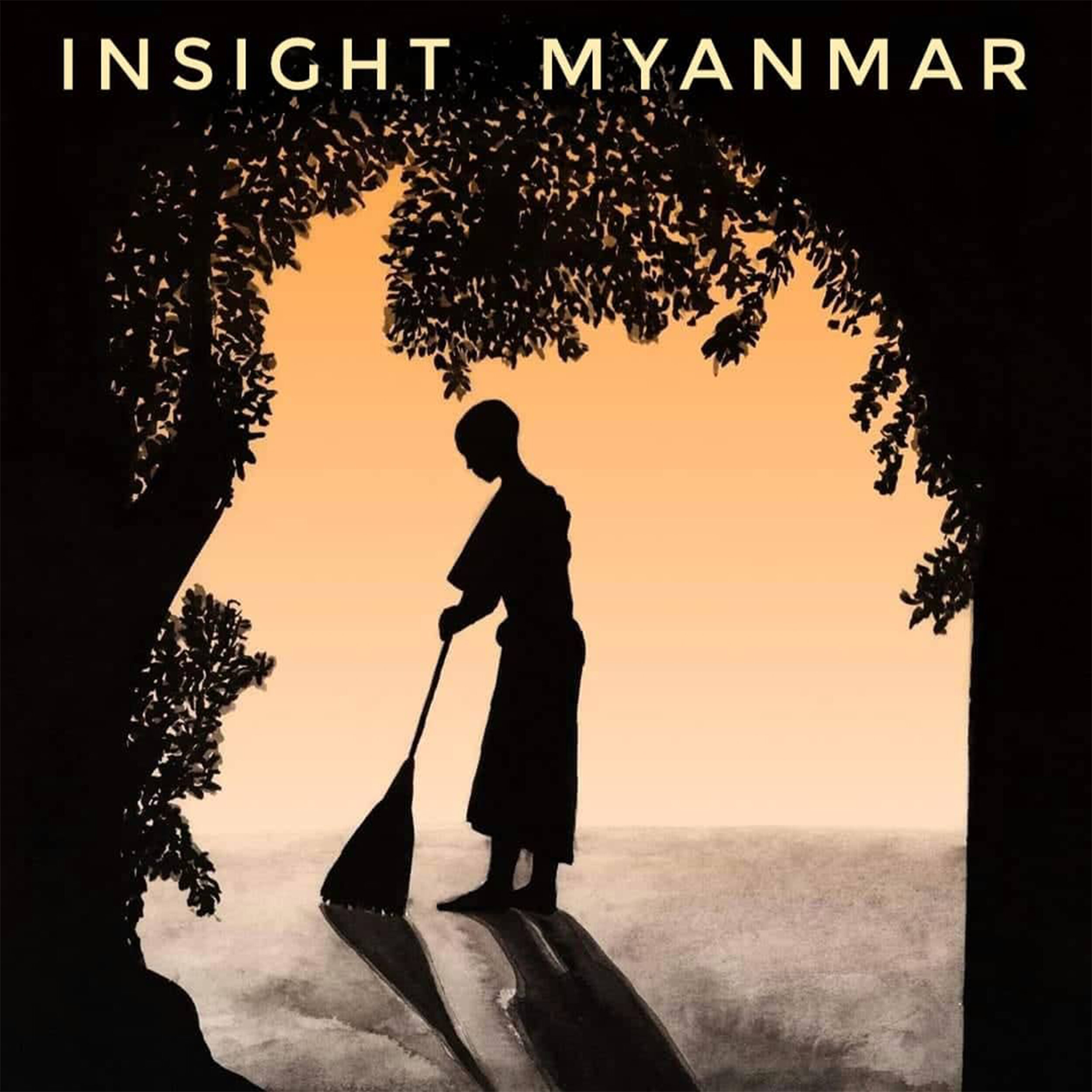The Rise of Secret Medical Networks
Coco is a doctor who, at nearly 31 years old, has been thrust into the forefront of a protest movement while wrestling with his own dreams of furthering his career abroad. On a recent podcast episode, he speaks of the initial fear of stepping onto the streets for the protests, a feeling that changed over time as he faced the realities of the situation. Coco describes how, despite family pressures that initially propelled him into medicine, it was under his father’s mentorship that he truly found his calling in the medical field. His candid reflections provide a personal look into the conflict between pursuing personal aspirations and responding to the call of duty in a time of crisis. His narrative illustrates the inner turmoil of a generation caught between the past and an uncertain future, as he juggles his professional identity and his role in the fight for democracy in Myanmar. In the following excerpt, he describes the role of medical professionals soon after the coup.
“In return of receiving financial support, the people who lived on hospital compounds would later on protect the CDM doctors and nurses from being illegally captured by the junta.”
Those in medical professions had to watch out for potential infiltration of spies who can be doctors that have military backgrounds or are close to one, into our social media platforms. This required us to be secretive, which lead to more secret underground online networks of doctors. Personally, I was recruited by one of my doctor friends who informed of me a new underground doctor network forming in our city, Yangon. Having these networks would ensure safe communications between cities and states at a time when military influence is spreading. In a city like Yangon, where military influence is mild, we wanted to make sure we stay connected in order to continuously support in different ways – physically, financially, emotionally, etc.
It was actually young doctors who established these secret networks and I had the opportunity to join as a non-government private doctor. Technically, this means I cannot be considered a CDM worker, unlike most of CDM doctors who are in direct danger for disobeying the governmental bodies. Since I was not in danger like them, and my contact details are unknown to the government, I can move more freely than the actual CDM doctors. Since they trusted me enough to let me join the CDM networks, I must help however I can, either in financial help or in providing accommodation for CDM personnel to hide once the time comes. We started helping everyone in the medical fields including nurses, labor workers, janitors, and basically anyone working in the hospitals who joined the CDM. Instead of helping financially stable doctors, we realized that we needed to prioritize giving financial aid to nurses and other basic-level employees whose livelihood would benefit from the most. In return of receiving financial support, the people who lived on hospital compounds would later on protect the CDM doctors and nurses from being illegally captured by the junta. As you can see, we were all helping each other in our own ways.
